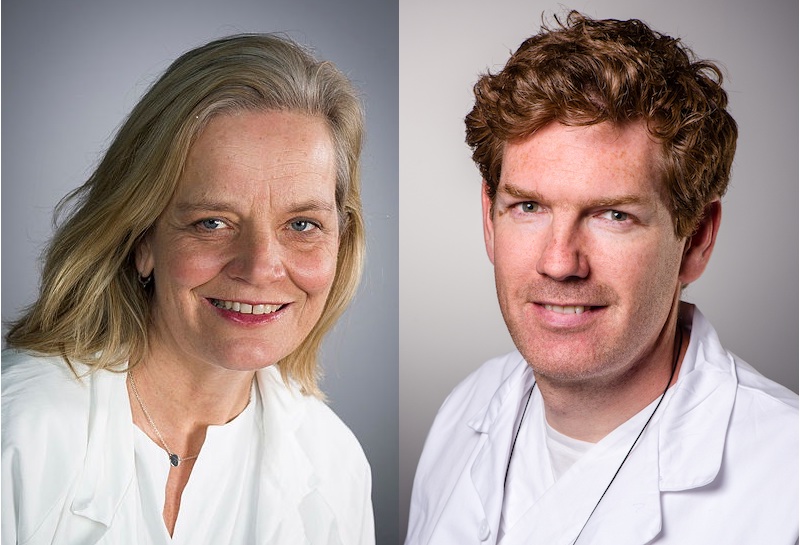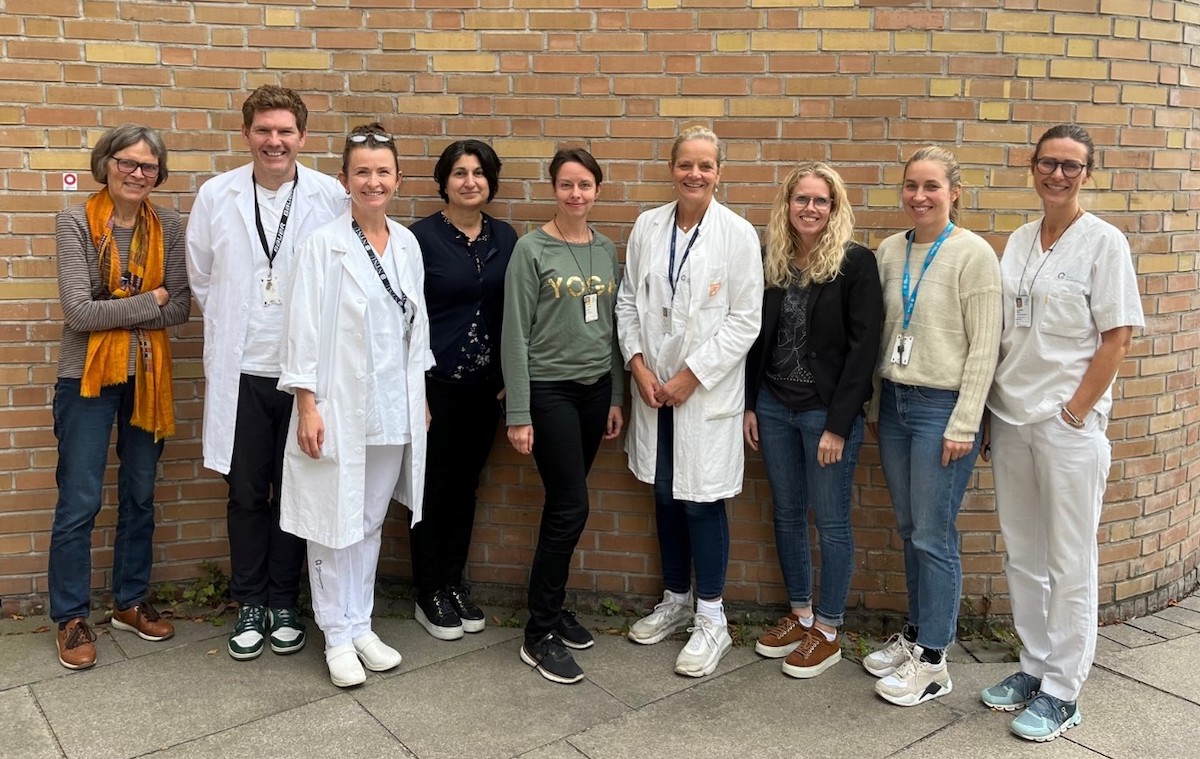Rare Neuromuscular Disorders (RND) research group

The Rare Neuromuscular Disorders (R-NMD) Research Group focuses on juvenile and adult neuromuscular disorders and the main objective is to contribute to early detection and diagnostics of disease, better treatment and multidisciplinary care for the people affected by the rare neuromuscular disorders and their relatives. The research group is closely linked with the unit for inborn and hereditary neuromuscular disorders (EMAN) at Oslo University Hospital. EMAN is part of the National Consortium for Rare Neuromuscular disorders. We are also members of Euro-NMD and the group leader is Board-Member from Norway.
Group leader is Senior consultant in Neurology and Clinical Neurophysiology MD, PhD Kristin Ørstavik.
Responsible for pediatric research is Senior Consultant in Pediatric Neurology MD. PhD Sean Wallace.

